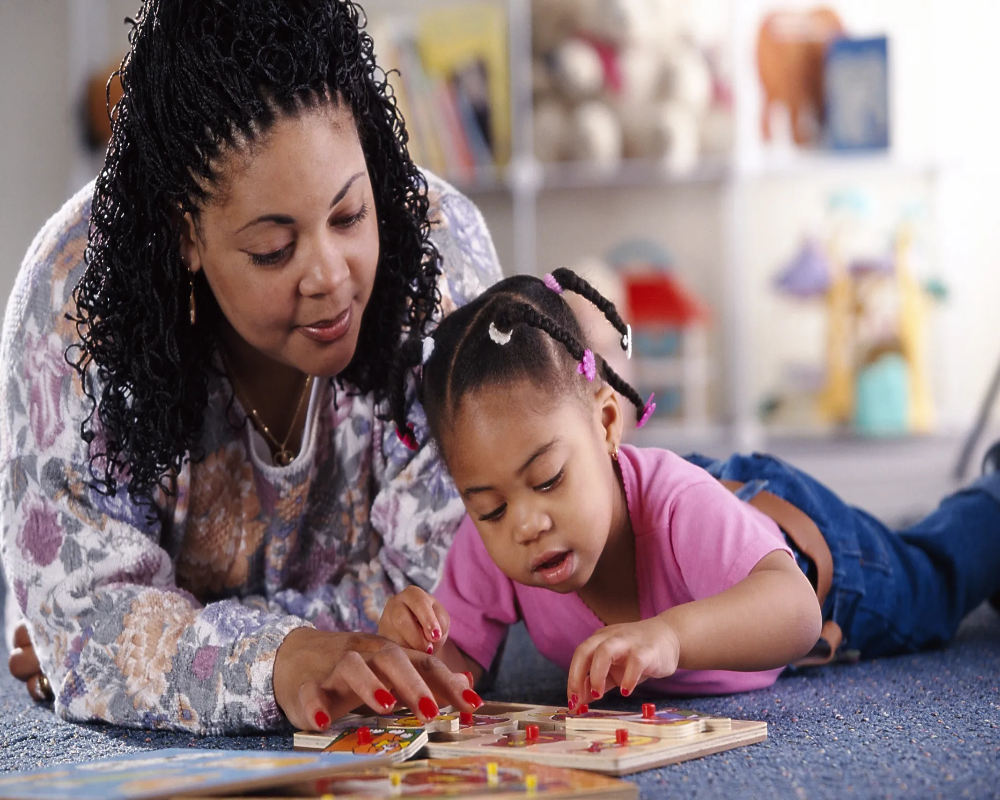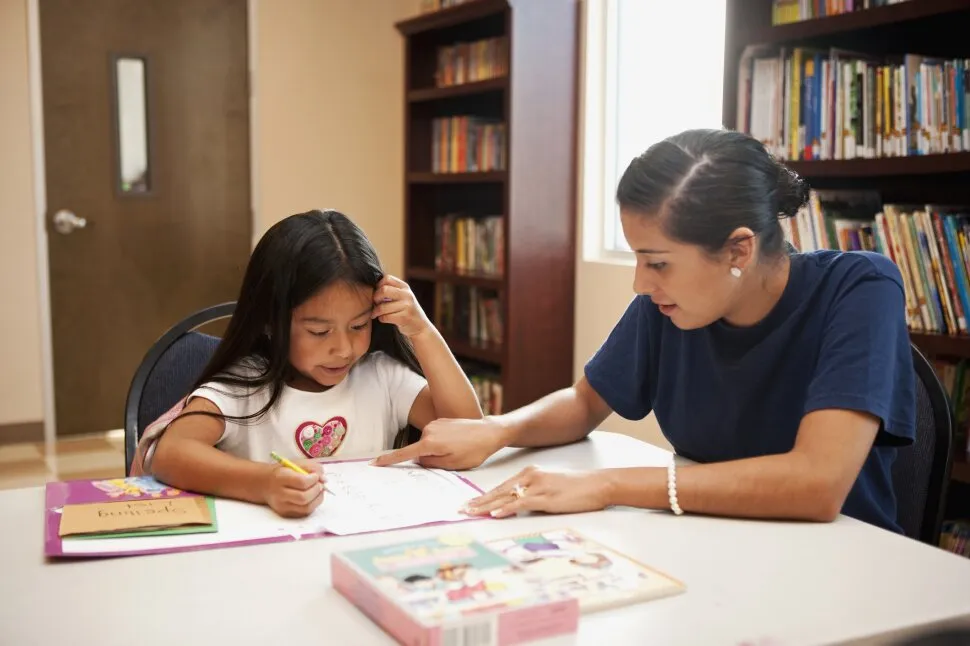Types of Specific Learning Disability

Source: photosdemandstudio
Types of Specific Learning Disability
The term “specific learning disabilities”, occasionally known as “specific learning disorders” or “specific learning difficulties,” is used to define a diversity of neurodevelopmental situations that impair a person’s ability to understand information. The goal of this page is to provide readers a detailed grasp of the many kinds of particular learning complications, as well as their effects and possible treatments.
In the realm of education, understanding and accommodating specific learning disabilities remains paramount. Vidhyanidhi Education Society, a distinguished institution with an impeccable track record, offers an in-depth course tailored to equip parents and educators with the tools and understanding necessary to support individuals with SPLD. This article, brought to you by Vidhyanidhi Education Society, serves as a primer on the multifaceted nature of SPLDs.
Table of Content
- Introduction to Specific Learning Disabilities
- The Underlying Causes of Specific Learning Disabilities
- The Impact of Specific Learning Disorders on Daily Life
- Types of Specific Learning Difficulties
- Assessment and Diagnosis of SPLD
- Treatment and Intervention Strategies
- Coping Mechanisms and Strategies
- Real-life Stories: Triumphs over Learning Disabilities
- The Role of Educators and Caregivers
- Overcoming Myths and Stigmas
Introduction to Specific Learning Disabilities
A category of sicknesses known as specific learning disabilities (SPLD) damage one or more fundamental psychological functions necessary for language comprehension or use. When one of these illnesses is present, it may be difficult to think clearly, talk clearly, read clearly, write clearly, spell well, or make mathematical computations.
The Underlying Causes of Specific Learning Disabilities
There are numerous potential causes of Learning disbilities, ranging from genetic factors to environmental influences.
Genetic Factors
Learning Disabilities often occur in families, indicating a significant genetic component. Researchers have discovered certain genes that may be involved in the emergence of several learning impairments.
Environmental Factors
Risk factors for developing learning disbilities include prenatal alcohol exposure, low birth weight, and oxygen deprivation.
The Impact of Specific Learning Disorders on Daily Life
Learning Disorders can profoundly affect various aspects of an individual’s life.
Social Interactions
Individuals with Learning Disorders might find it challenging to interpret non-verbal cues or understand sarcasm, making social interactions daunting.
Academic Challenges
From reading to math, these disabilities can hinder academic progress and self-confidence.
Professional Obstacles
Finding and retaining a job can be more challenging, given the diverse tasks that might pose hurdles.
Need further info? Call our course coordinator: +919869546913 / +919869866277.
Brochure available for Download.
Types of Specific Learning Difficulties
Dyslexia
Often the most recognized Learning Difficulties, dyslexia involves difficulties with accurate word recognition and by poor spelling abilities.
Dyscalculia
This disability makes it hard to make sense of numbers and math concepts.
Dysgraphia
Dysgraphia affects a person’s handwriting and fine motor skills.
Auditory Processing Disorder
This isn’t about hearing issues but the brain’s ability to interpret auditory information.
Nonverbal Learning Disorder
Characterized by issues with nonverbal cues, this disorder affects social comprehension.
Language Processing Disorder
A subtype of auditory processing disorder, it specifically impacts the attachment of meaning to auditory content.

Source: usnews
Assessment and Diagnosis of SPLD
Early Signs and Symptoms
Delayed speech, difficulty following instructions, or problems with rhyming could be early indicators.
Diagnostic Tools
Standardized tests, clinical observations, and developmental histories are part of the diagnostic process.
Importance of Early Detection
Early diagnosis can pave the way for interventions, making a considerable difference in outcomes.
Treatment and Intervention Strategies
Personalized Learning Plans
Every individual is unique; therefore, personalized plans are pivotal.
Assistive Technologies
From voice-recognition software to electronic organizers, technology can be a boon.
Behavioural Therapies
Therapies can assist in developing coping and learning strategies.
Coping Mechanisms and Strategies
Building a Support System
Having a robust support system, be it family or peers, can be a game-changer.
Embracing Strengths
Focusing on strengths and passions can bolster self-esteem and provide direction.
Real-life Stories: Triumphs over Learning Disabilities
Countless individuals with Learning Disabilities have made significant strides in life, showcasing that with the right tools and mindset, anything’s achievable.
The Role of Educators and Caregivers
Recognizing the Signs
Educators play a pivotal role in spotting early signs and pushing for assessments.
Effective Teaching Strategies
Differentiated instruction and multisensory approaches can be highly effective.
Overcoming Myths and Stigmas
Common Misconceptions
Not all learning disabilities are the same, and they certainly don’t indicate a lack of intelligence.
Breaking the Stigma
Awareness and education are key to breaking down misconceptions and fostering understanding.
Understanding the intricacies of Specific Learning Disabilities is essential in fostering a world that’s inclusive and empathetic. Knowledge, compassion, and the right interventions can make all the difference, allowing those with difficulties to shine in their unique ways.
Vidhyanidhi Education Society recognizes the pressing need to understand and address Specific Learning Disabilities. Through their courses, they offer insights, strategies, and support to parents, educators, and caregivers. By embracing knowledge and fostering a community of understanding, we can ensure that every individual, regardless of their challenges, has the opportunity to thrive.
“Empower with VES, transform learning challenges into triumphs!”
Need further info? Call our course coordinator: +919869546913 / +919869866277.
Brochure available for Download.
FAQs
What are the most common specific learning disabilities?
Dyslexia, dyscalculia, and dysgraphia are among the most prevalent SPLDs.
What role does technology play in assisting those with SPLDs?
Technological tools, like speech-to-text software, can assist in bridging the learning gap.




